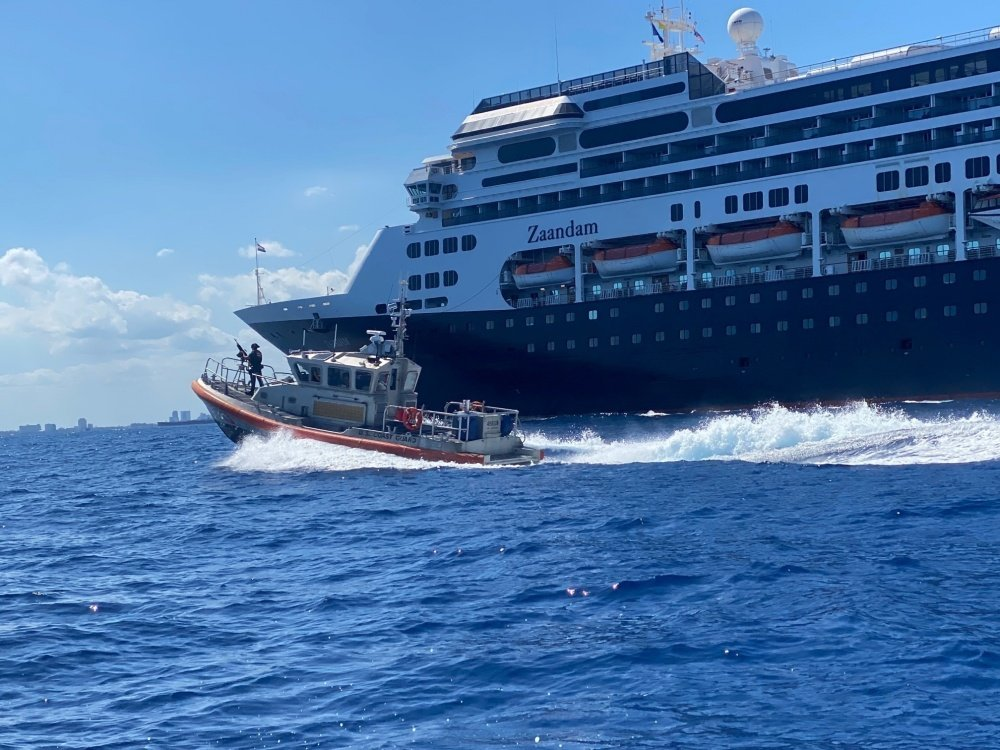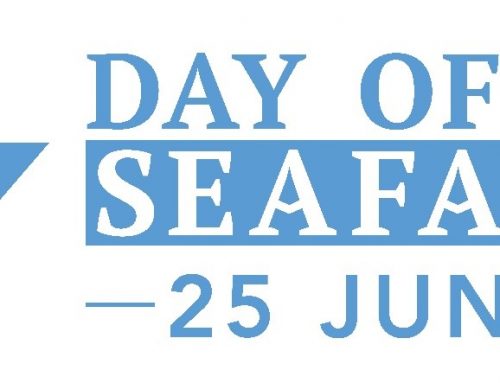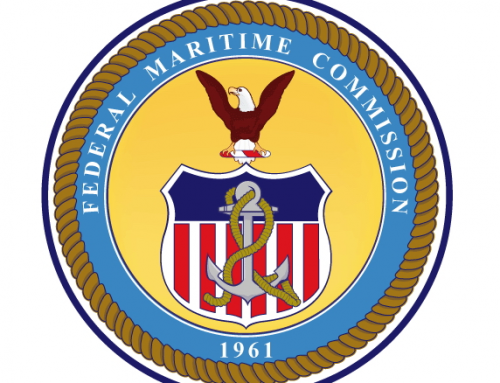According to a recent bulletin by the U.S. Coast Guard (USCG), the cruise ships Zaandam and Rotterdam disembarked more than 1,200 passengers in Port Everglades, Florida. These developments, combined with one remaining disembarkation being coordinated, represent the processing of more than 120 vessels in the last three weeks to remove 250,000 passengers from cruise ships due to the COVID-19 pandemic.
The Coast Guard, under guidance from the Centers for Disease Control and Prevention (CDC) and working with Department of Homeland Security partners Customs and Border Protection (CBP) and the Transportation Security Administration (TSA), as well as state and local entities from multiple port jurisdictions, facilitated the safe landing, screening, quarantine and repatriation of these passengers in a manner that has prevented further spread of the COVID-19 virus. Many passengers were brought to safe harbor in the United States when international ports refused them entry, as was the case aboard the Zaandam and Rotterdam, and the Diamond Princess.
Most of the cruise line industry announced a voluntarily suspension of cruise ship operations from U.S. ports of call on March 13th, and the CDC issued a “No Sail” Order on March 14th to all cruise ships that had not voluntarily suspended operations.
“We commend the decision by the cruise industry to cease operations. However, pausing a global tourist industry does not happen instantaneously or easily,” said Vice Admiral Dan Abel, Coast Guard Deputy Commandant for Operations. “The Federal, state, local and industry cooperation to achieve this feat truly represents the whole-of-nation approach directed by the President and is essential to fighting the spread of this virus and working to minimize the loss of life.”
The drawdown of passenger operations is a major milestone, but it does not eliminate U.S. government concerns for cruise ships and their crews. Particularly for the many cruise ships with passengers being supported by state aid and services, the logistical and economic burden has been and continues to be a significant strain on resources shore-side.
Today, there are 114 cruise ships, carrying 93,000 crew members, either in or near U.S. ports and waters. This includes 73 cruise ships, with 52,000 crew members, moored or anchored in U.S. ports and anchorages. Another 41 cruise ships, with 41,000 crew members, are underway and still in vicinity of the United States. The cruise industry has an ongoing obligation for the care, safety and welfare of their seafarers.
The above is a summary of one or more news stories reviewed by the author of this article. It may contain comments or views of the author only.
This article is intended for general interest and does not constitute legal advice.







